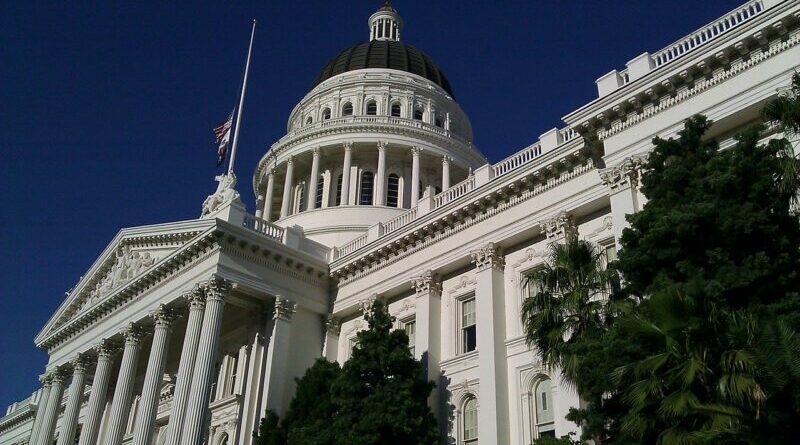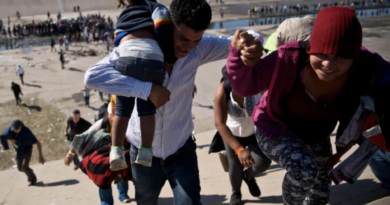Role of Government in Democracy
Democracy is a term which is common in modern days. It can be used to refer to governments. There are so many uprisings in cases where governments are proving to be undemocratic. Citizens have risen against their leaders. Coup deters are witnessed in other countries as a result of lack of democracy.
Africa and Asia are the world’s leading continents which have experienced these uprisings. I can strongly assert that democracy is today a basic need for a country to move forward economically, socially and politically. By way of example, we have witnessed people fighting for their rights in many West African countries recently. In Asia, Syria is a convincing example. Democracy, therefore, can be defined as, “government of the people by the people and for the people. Such a government has its citizens as magistrates” (SparkNotes1).
The first role of a government in democracy is to withhold the rights of its citizens. Democracy does not allow violation of the rights of citizens. A government, which cannot protect its citizens from violation of all kinds to their rights, is not democratic. For instance by the start of the twentieth century, the governing mission by the then government of the United States changed from the protection of personal rights to the Principle of democracy (Holcombe xiv).
Secondly, in democracy, a government has a role to uphold the rule of law. This means that such a government acts within the constitution. Most state leaders rarely uphold the law, but they expect the commoners to do so. It is an unfortunate example to the citizens. Democracy demands that the state should lead from the front. By doing this, government can authoritatively ensure every other person is strictly adhering to the constitution. Citizens keep their confidence to a government which leads by example, and at the same time despises leadership which preaches water and takes wine at the same time.
Thirdly, any government has a role to play in a democracy; such a government ensures that it makes policies which are sensitive to the needs of the commoners. It has the citizens in mind and always gearing its efforts to bettering their lives (Lutz 4). The lives can be improved economically and also socially. In a democracy, the government must empower citizens economically. This ensures that citizens can cater for their needs. This role is inclusive of spearheading developments projects, Improvement of the infrastructure, better education and proper medical care.
The criteria to evaluate any government’s action can be observed from its response to liberate the people from any calamity. In cases where people encounter hunger, an epidemic disease or any natural calamity and the government does not come to their rescue such a government does not act. It should be judged harshly. One of the roles of any government is to protect its citizens from all dangers whatsoever.
Corruption is a crucial problem in most countries. For a government to be considered as efficient, it should combat this vice as quickly as possible. In cases where it does not nor does so selectively, then such a government can competitively be said to be sleeping on its work. In other words, a government of this caliber does not act.
A government can be said to act if it does respond to issues affecting its citizens as swiftly as possible. Such a government is not only quick to respond but its preparedness in evident. To a government of this type, a crime is a crime regardless of the status of the personalities who engage it.
Work Cited.
Holcombe, Randall G. From Liberty to Democracy: The Transformation of American Government. Ann Arbor: The University of Michigan Press, 2002. Print.
Lutz, Edward A. The Role of Local Government in Philippine Democracy. Los Baños: University of the Philippines, College of Agriculture, 1958. Print.
Rousseau J-J. The Social Contract. Web on 8th Oct 2012 from <http://www.sparknotes.com/philosophy/socialcontract/section7.rhtml>2012




